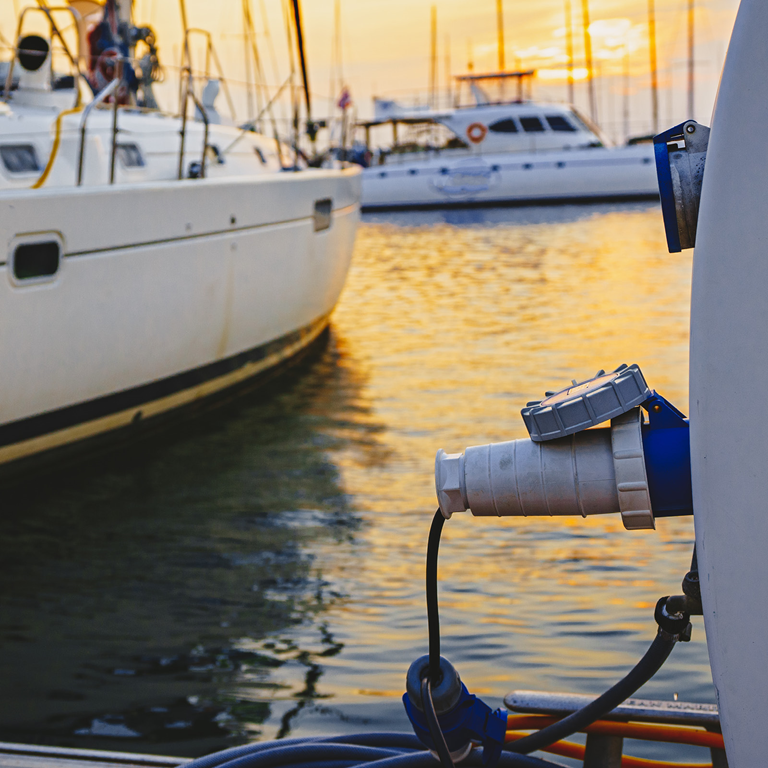Owning a small boat offers endless opportunities for adventure, relaxation, and connecting with nature. Whether you enjoy fishing, cruising along serene waters, or engaging in water sports, it’s essential that you protect your investment with the right insurance.
While it's not always a legal must-have on most waters, getting the right insurance makes sense financially. For instance, if you're taking out a loan to finance your boat, the lender will likely insist on insurance. But beyond that, there are two big reasons why having small boat insurance or small craft insurance is a smart move:
- First off, it's all about protecting your investment. Think about it – if something goes wrong and your boat gets damaged, you could be looking at a hefty repair bill. Insurance helps cushion that blow.
- Secondly, having good boat insurance also covers you in case you accidentally cause damage or injury to someone else or their property. Third-party liability claims are common in the world of boating. So, having that third party liability cover in place can save your bacon.
However, navigating through the sea of insurance options can be overwhelming. To ease your journey, here's a step-by-step guide to help you choose the best small boat insurance coverage for your small vessel.
Assess Your Needs
Begin by evaluating your boating habits, geographical location, and the value of your boat. Consider factors such as where you'll be using your boat, how frequently you'll use it, and the type of waters you'll navigate. Additionally, determine the market value of your boat along with any additional items such as personal effects. Understanding your unique requirements will guide you in selecting the most suitable insurance policy.
Research Boat Insurance Types
Next, familiarise yourself with the various types of boat insurance available. Common options include third party liability cover, and comprehensive policies. Third party liability coverage provides financial protection against claims made by third parties for damage caused to them or their property. Comprehensive policies provide cover for damage to the boat itself (as well as third party liability cover) offering broader protection and peace of mind.
Compare Cover Options
Using a broker will help you fully understand your needs and the types of insurance available. At Bishop Skinner Marine we use our experience and knowledge of the market to arrange a quote that is right for you and meets your specific needs. Our experienced team can help you to understand the specifics such as cover limits, deductibles, and any additional features or benefits available.
Consider Additional Cover
Depending on your boating activities and location, you may need additional cover, such as personal accident cover, legal liability, towing and emergency breakdown, mooring fees, or cover for personal belongings on board. Assess the risk factors relevant to your boating lifestyle and ensure that your policy adequately addresses them.
Review Policy Exclusions
Thoroughly review the policy exclusions to understand what’s not covered by your insurance. There are a few exclusions to consider. Typical exclusions may include wear and tear, gradual deterioration, and intentional damage. Being aware of these exclusions will help you avoid potential gaps in coverage and plan accordingly.
Seek Discounts and Savings
Insurers may offer discounts for various factors, such as completing boating safety courses, or memberships to clubs or associations such as the RYA. Explore all available discounts and savings opportunities to maximise the value of your insurance cover.
Consult with an Insurance Broker
If you're uncertain which policy is best for you, consult an insurance broker that specialises in boat insurance. They can help you navigate the complexities of insurance policies, answer any questions, and provide personalised recommendations based on your needs and budget.
By following these steps and investing time in research, you can confidently select the right insurance cover to safeguard your small boat against unexpected risks and enjoy worry-free adventures on the water.


